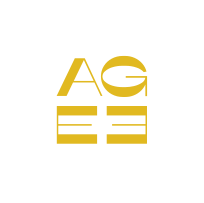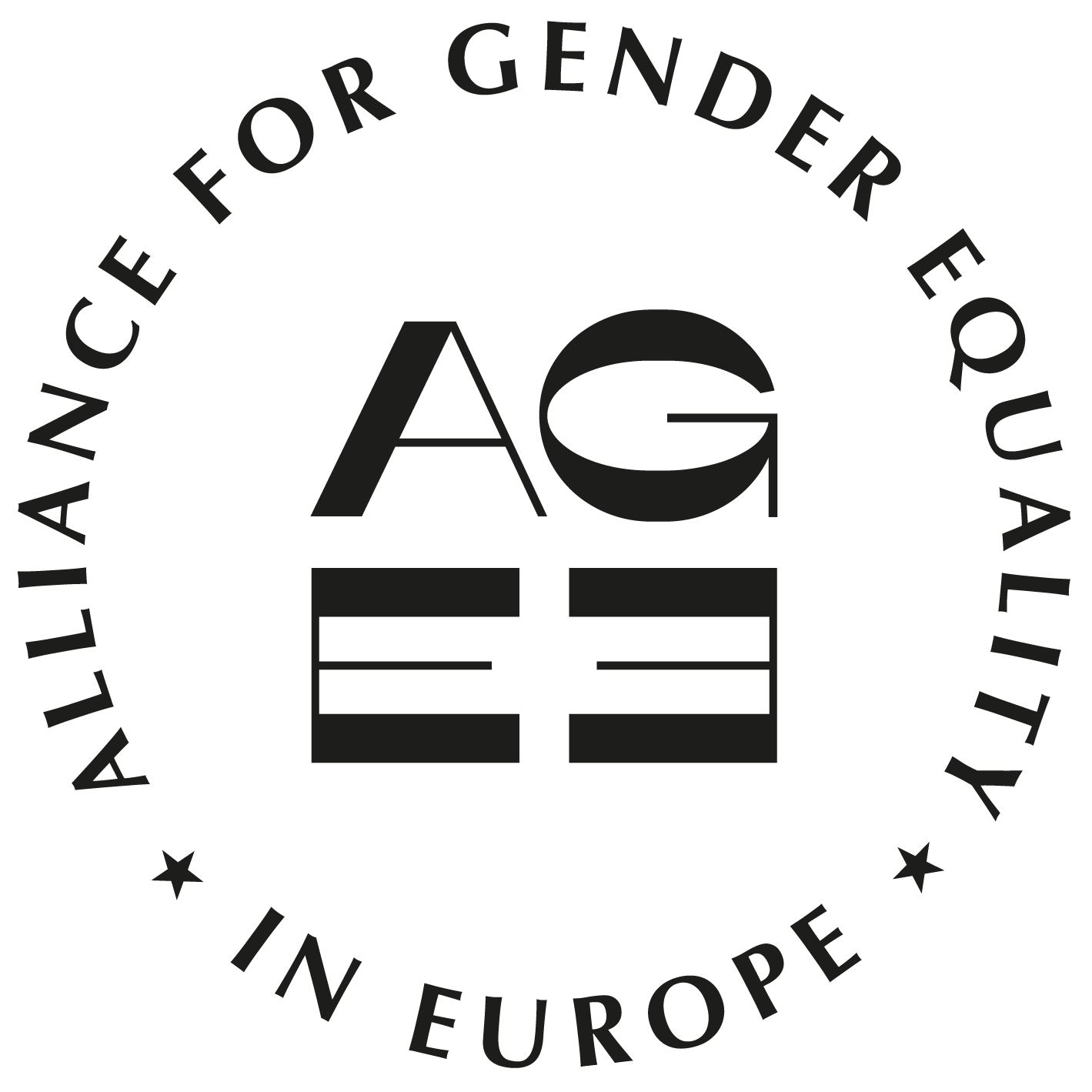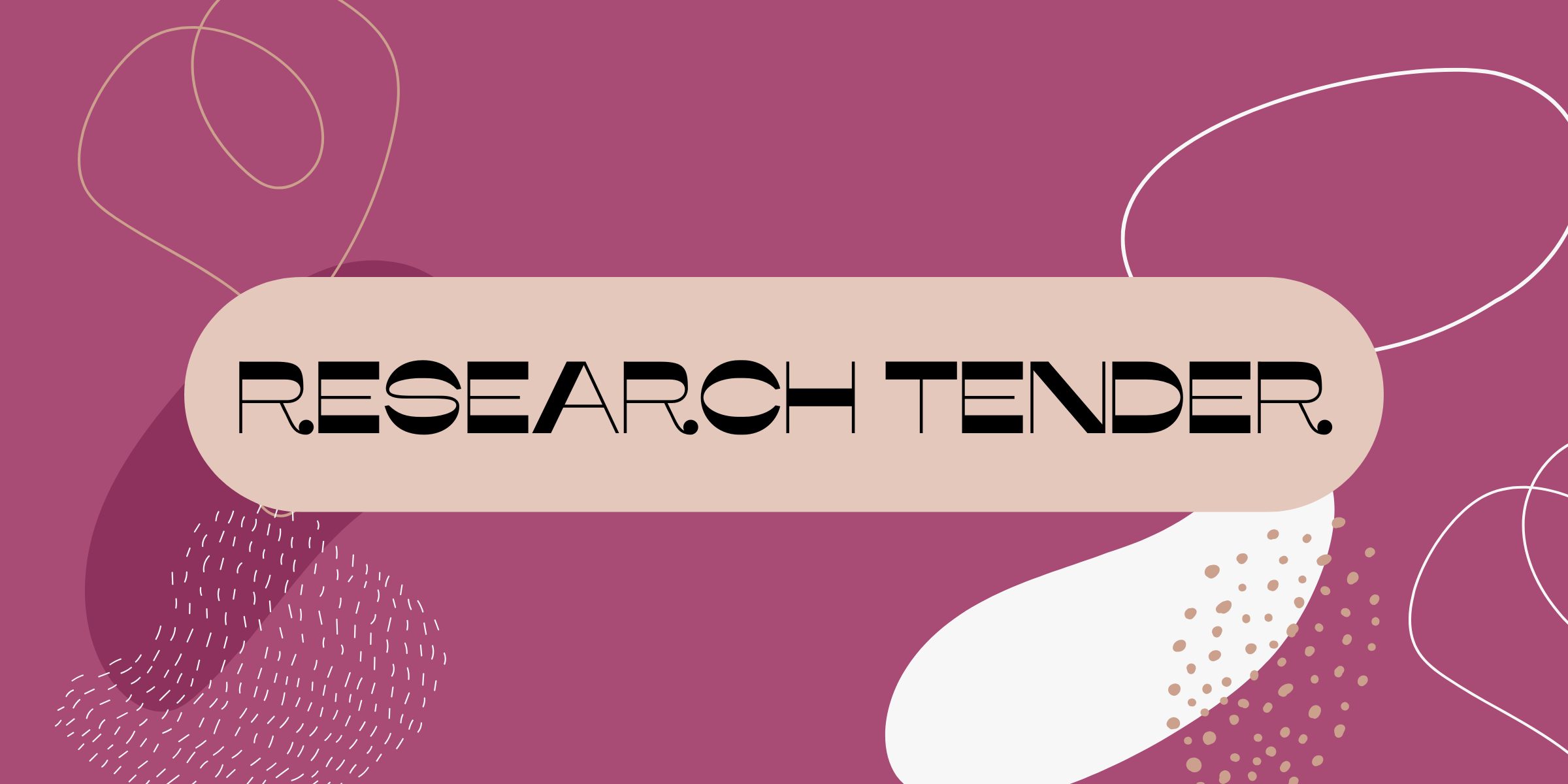Background
The Alliance for Gender Equality in Europe (the Alliance) is commissioning research to quantify and analyse the funding reaching nonprofit organisations led by women, girls, trans, nonbinary, and gender nonconforming people that are advancing gender equality across the EU. The research aims to understand how the funding is distributed, who it reaches, which themes are prioritised, and whether it supports intersectional, sustainable, and impactful approaches to achieving gender equality.
Brief description of the Alliance
The Alliance for Gender Equality in Europe is a donor collaborative created in 2021 to support progress for gender equality and women’s rights in Europe. It is composed of Bodossaki Foundation, Fondation CHANEL, Fondation de France, Fondation Raja–Danièle Marcovici, JPMorgan Chase, King Baudouin Foundation and L’Oréal Fund for Women, and hosted by the Network of European Foundations. Through grants, capacity strengthening, and awareness raising, the Alliance supports small frontline organisations to achieve a just and fair society for all. The Alliance adopts an intersectional approach which recognises that women, trans, non-binary, gender non-conforming people and other marginalised groups have multiple identities and are thus affected differently by gender inequality.
Scope of work
The research will address two key pillars:
Pillar 1: Amount of funding
Research will assess the amount of funding from private foundations and the EU that reaches organisations led by women, girls, trans, nonbinary, and gender nonconforming people advancing gender equality in the EU between 2018 and 2023. This suggested timeframe can be adjusted.
Areas of analysis:
- Compare the level of funding for nonprofit organisations advancing gender equality to the funding for anti-gender groups (based on research report “Tip of the Iceberg: Religious Extremist Funders against Human Rights for Sexuality & Reproductive Health in Europe” by EPF).
- Analyse the distribution of grants, including the proportion of small grants (< €10,000).
- Assess which themes are addressed by grants (e.g., equal rights, gender-based violence, economic opportunities, health, leadership and representation, education etc.).
- Examine the types of organisations funded (e.g., large organisations, European networks vs. small or grassroots/community-led organisations).
- Analyse the distribution of funding across EU countries.
- Evaluate to what extent funders incorporate an intersectional approach, focusing on groups facing multiple injustices, such as women with disabilities or LGBTQ+ refugees.
- If applicable, assess changes in funding over time (e.g., pre-pandemic vs. post-pandemic periods).
- Explore other relevant factors as needed.
Pillar 2: Financial status and sustainability of nonprofit organisations
The consultant will evaluate the financial health and sustainability of nonprofit organisations advancing gender equality in the EU.
Key areas of analysis:
- Analyse typical sizes of grants received by organisations, the diversity of their income streams, and other financial aspects.
- Determine staff composition, including full-time, part-time, and volunteer staff.
- Examine the challenges faced by organisations in fundraising and the impact of external funding conditions (e.g., long-term vs. short-term, restricted vs. flexible, project vs. core funding) on their impact and long-term resilience.
- Explore other relevant factors as needed.
We expect the consultant to:
- Design research methodology: The consultant will develop a research methodology that aligns with the research aims outlined above. The methodology should include both quantitative and qualitative approaches, and the consultant may propose alternative or additional relevant aspects for the research.
- Conduct data collection and analysis: For pillar 1, the consultant will conduct desk research, clean and validate existing self-reported grants data, and supplement it with additional data on private and EU funding (CERV Programme and ESF+). Data analysis will determine funding amounts, and data will be segmented by country, organisation type, and thematic priorities. Intersectional analysis will assess how grants address multiple forms of injustice, and if possible, trend analysis will explore changes over time. For pillar 2, the consultant will design a survey for nonprofit organisations advancing gender equality across the EU, collecting data on income, funding sources, and staff composition. Data analysis will identify trends and patterns across factors. Semi-structured interviews will provide further insights into challenges and recommendations for funders.
- Develop a report: Based on the findings, the consultant will structure a report of no more than 30 pages, presenting the research results in an accessible manner. The report should outline the need for increased funding for grassroots nonprofit organisations advancing gender equality in Europe, drawing inspiration from similar successful initiatives globally.
- Integrate feedback: Throughout the research, the consultant will liaise with and update the Alliance team. A draft of the report will be submitted for review, and the consultant will integrate feedback from the Alliance team, the steering and advisory committees, and other relevant stakeholders.
Deliverables and timeline
We expect this work to be performed between December 2024 and October 2025. This timeline may be extended following an agreement with the Alliance.
- Data collection, cleaning and validation by end of March.
- Preliminary findings by end of May.
- First draft of the report by end of August.
- Final report by end of October.
The final report will incorporate both the findings from the research and actionable recommendations. It will be presented in a clear, engaging style suitable for advocacy and outreach.
The deadline to apply is 22 November 2024 (11:59 CET).
We will conduct calls with applicants on 2 and 3 December 2024, and the selection will be made by the end of the week, with the aim for the consultancy to start with a kick off meeting in mid-December.
Budget
We anticipate that this piece of work will take approximately 50 full days to complete.
Please note that project proposals should not exceed EUR 50.000 (VAT included).
In addition to the budget for the work, the Alliance will compensate organisations asked to contribute their time in interviews.
Financial and administrative conditions
Successful candidates for this tender will respond as much as possible to the following profile:
Essential:
- Established researcher or research institution with a track record of large-scale, high-quality research in a relevant field.
- Demonstrated ability to manage complex research projects, including timelines, budgets, and coordination with multiple stakeholders.
- Demonstrated expertise in data collection, cleaning, and validation processes.
- Skilled in a range of analytical techniques, including but not limited to descriptive statistics, comparative analysis, cross-tabulation and segmentation, trend analysis, thematic analysis, content analysis, and case study development.
- Proven expertise in designing, implementing, and analysing surveys, including experience with online survey platforms and ensuring representative sample collection.
- Familiarity with data protection laws and best practices to ensure that the handling of sensitive data, especially when surveying NGOs.
- Experience in report writing, including the ability to clearly formulate key recommendations.
- Excellent English writing skills, including the ability to write about complex issues engagingly.
Desirable:
- Familiarity with EU funding programmes.
- An understanding of the philanthropic sector and civil society organisations, particularly those working in gender equality, including the challenges nonprofits face in fundraising and accessing resources.
- An understanding of intersectionality.
- Some experience in communication and awareness raising, with a focus on how research can be used in advocacy and public communications.
The consultant should send a short offer. The offer should include:
- Your / your organisation’s relevant experience and how you meet the above criteria, in particular your experience of analysing and interpreting datasets, including CVs (max. two pages) of key staff to be involved in the delivery of this work.
- A proposal (max. two A4 page) on how you will undertake this research. Proposals with alternative approaches and methods are welcome if these are substantiated. An assessment of the risks and how you plan to mitigate them.
- A financial offer, which should estimate the financial budget and time to complete the work, including daily rates and taxes, if applicable.
At the beginning of the service, the Alliance and the consultant will agree on the exact scope of work to be conducted, and a contract will be established.
Send in your proposal
If you’re interested in tendering for this work, please email your proposal to Iva Petkovic at iva.petkovic@alliance-genderequality.org
The closing date for proposals is 22 November 2024 (11:59 CET).
If you have questions about this tender, please send an email to iva.petkovic@alliance-genderequality.org.


